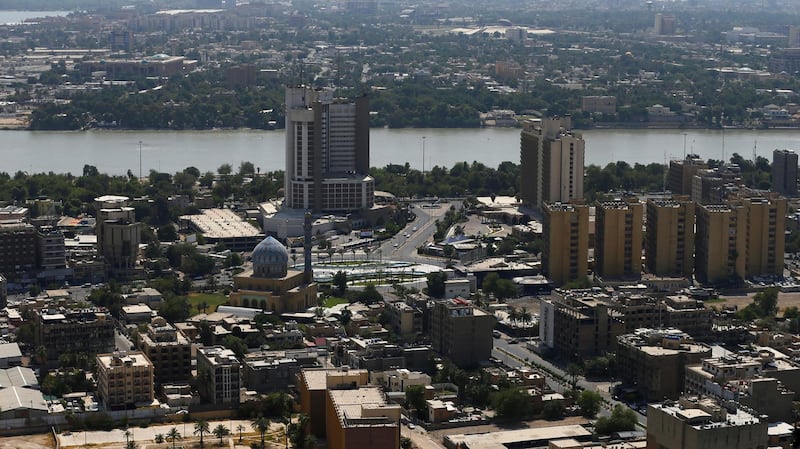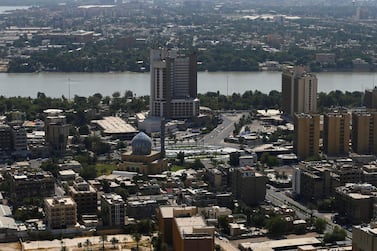Fitch Ratings assigned Iraq's Region Trade Bank for Investment and Finance (RTB) a "CCC+" Long-Term Issuer Default Rating, citing its weak operating environment, unstable business model and low profitability.
The coronavirus pandemic, social, economic and political instability, as well as high dependence of the economy on oil and a weak regulatory framework, will also continue to put pressure on the bank's operating environment, the ratings agency said on Thursday.
Iraq, Opec’s second-largest producer, depends on oil revenue to meet 90 per cent of government expenditure.
“RTB's profitability is weak, owing to large non-to-low-interest earning liquid assets, large non-earning fixed assets, the low-yielding loan portfolio and high impairment charges reflecting the constantly high provisioning level,” Fitch said.
The cost-to-income ratio is also reasonably high but has improved since 2018, according to the agency.
RTB is a privately owned bank, in the Kurdistan Region of Iraq, and is regulated by the Central Bank of Iraq.
Non-interest income represents the main operating income source, comprising mainly fees and commissions on international transfers, discounting of bills of exchange and trade finance transactions, as well as fees on credit cards.
Cash lending is minimal and the bank does not have financial investments, Fitch said.
“Operating profit originates mainly from non-interest income, but RTB's profitability is likely to remain volatile, sensitive to the political and economic developments that impact the level of the economic activity and ultimately RTB's business volumes,” it said.
Iraq's economy, which shrank by about 11 per cent last year due to Covid-19 and a sharp decline in oil revenue, is poised to return to pre-pandemic levels by 2024, the International Monetary Fund said earlier this year.
The bank's funding is highly sensitive to government deposits, which have proved volatile in the past five years, according to the Fitch report.
Retail deposits are also small, due to RTB's small branch network and Iraqis' lack of confidence in the banking sector, especially private banks.
The Iraqi banking sector is dominated by three state-owned banks and private banks have small market shares.
Fitch earlier this year revised its outlook on Iraq’s sovereign debt from negative to stable and maintained the country's "B-" credit rating, citing higher oil prices and a smaller-than-expected decline in foreign reserves following devaluation of the Iraqi dinar.








